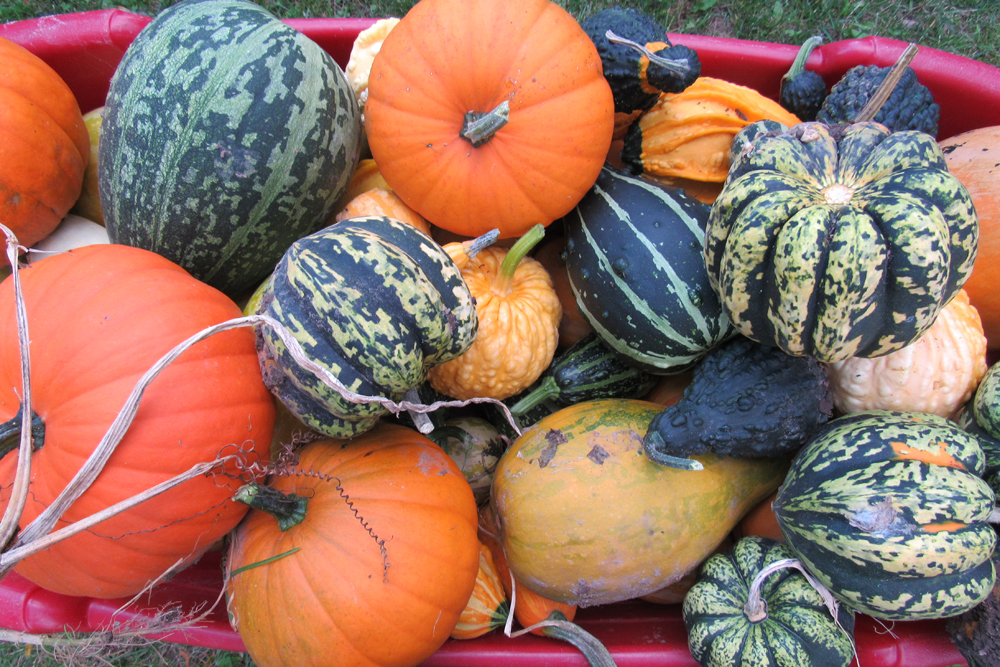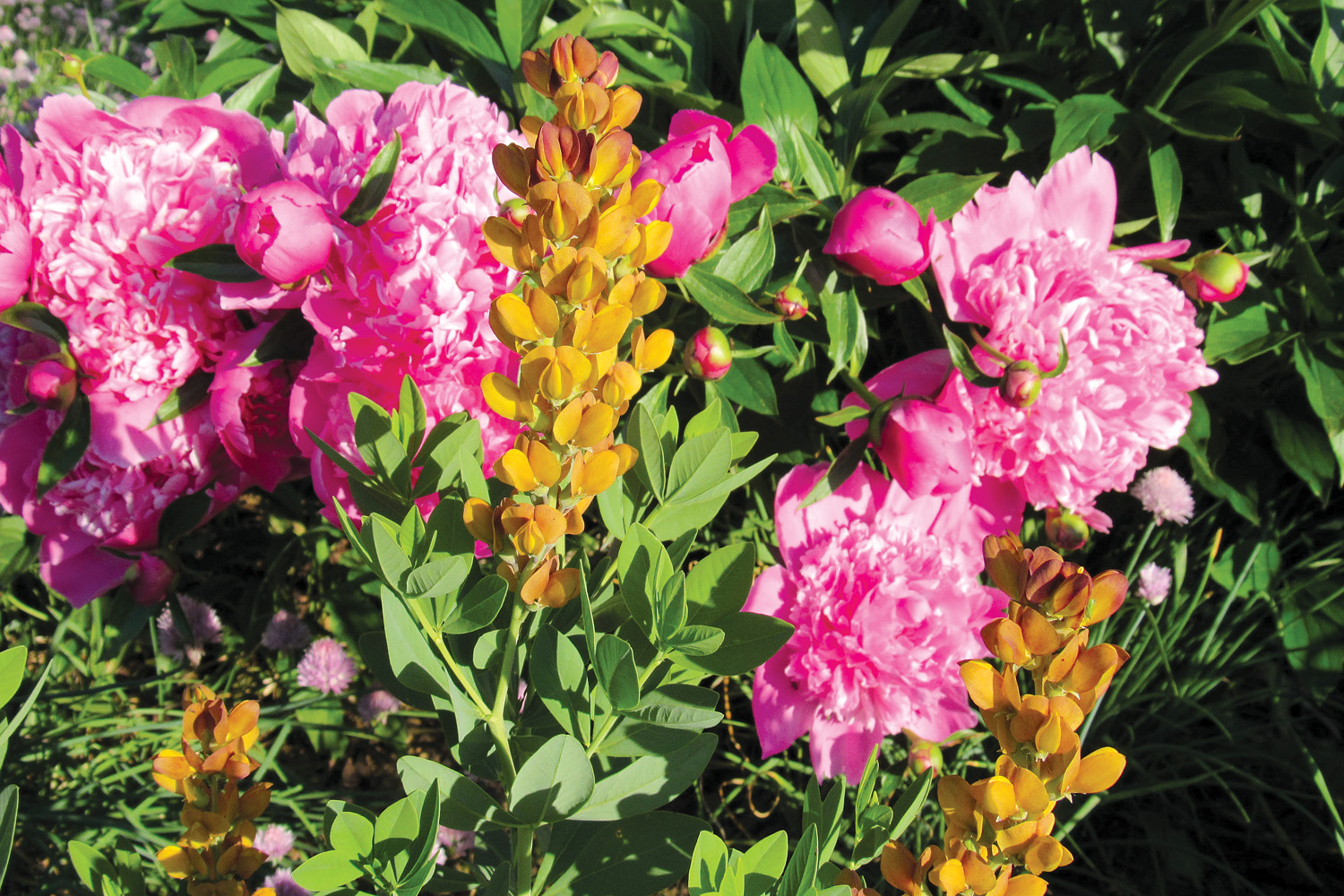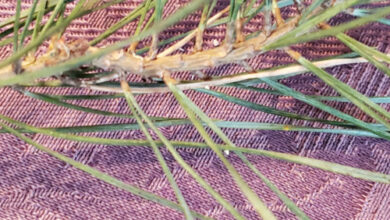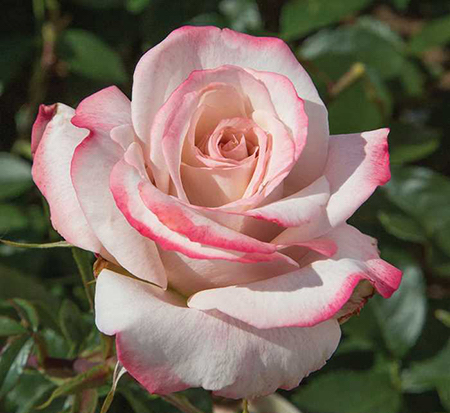Beautiful Begonias
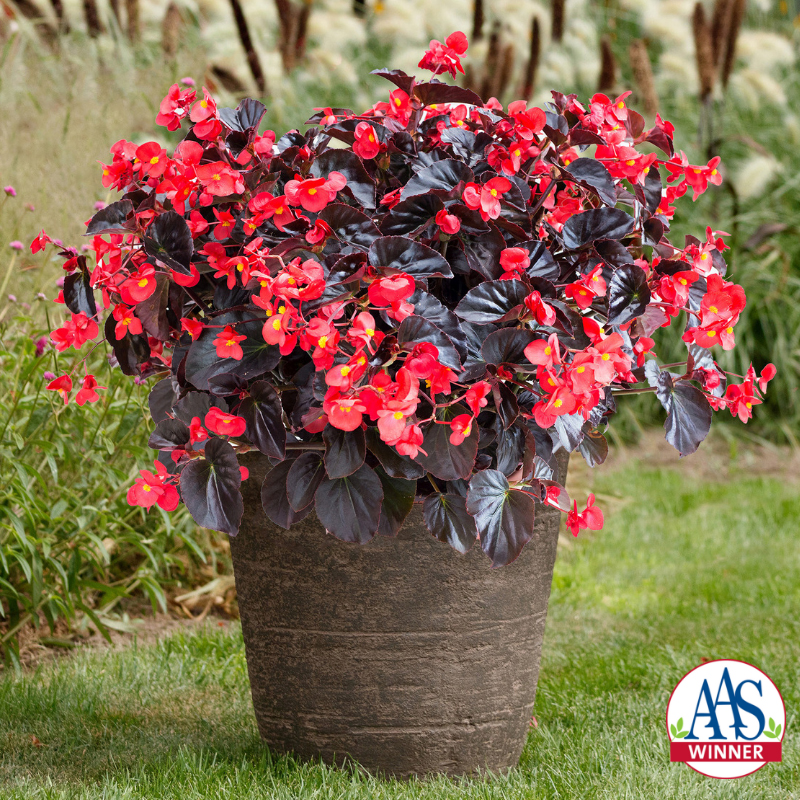
Begonias are amazing. The genus Begonia includes plants with a huge variety of characteristics. Some begonias are low-growing, others have long cascading stems. Some begonias have showy bright-colored flowers, while others have blooms so tiny they are barely visible. Some begonias have glossy solid green leaves while others are grown for their showy leaves, which have incredible patterns and textures rivaling flowers.
There are more than 1,700 different species of begonia, making it the fifth most diverse class of plants. In 2016, the begonia was chosen as the annual plant of the year by the National Gardening Association. This versatile plant, which performs well all season, deserves a spot in every summer garden.
Begonias are a popular annual flower for beds, baskets and container gardens and are easy to grow. They perform best in partial shade – four to six hours of morning sun – or filtered sun through trees. They are one of the easiest and most beautiful ways to add excitement and color in partial shade, a place where it can be challenging to find plants that thrive.
Begonias like moist soil, but it should not get soggy. They can be affected by powdery mildew, but disease resistant varieties are available if you have disease-related problems in your garden. Keeping foliage dry when watering and providing proper spacing can help keep plants healthy. “Good ventilation results in good growth,” the American Begonia Society says.
Begonia varieties grown for their showy foliage need bright light way from direct sunlight. Soil should be evenly moist. Water when the top layer of soil is dry.
Here is a rundown of the different types of begonias from the University of Minnesota Extension which have been developed commercially:
Wax begonias (Begonia semperflorens-cultorum) are the common garden begonias used as annuals. The plants create small mounds and have rounded leaves and blooms. Flowers come in white, pink, rose and red, and foliage can be green or dark burgundy in color. As the Latin name implies, these plants bloom all season long.
Tuberous begonias have striking blooms, which can sometimes resemble roses. The large single or double flowers come in a wide range of colors. The leaves are usually asymmetrical, hairy or fuzzy with a serrated edge. Tubers can be saved over the winter for re-planting the following spring.
Begonia boliviensis is heat tolerant and a popular choice for hanging baskets, containers, and window boxes. The flowers have a nodding trumpet shape and are red or orange in color.
Reiger Begonias (Begonia hiemalis) have beautiful double blooms, which come in a huge variety of colors. These plants can be kept as house plants or used as annuals in garden beds and containers. Reiger begonias are often sold as potted plants during the holidays.
Begonia masoniana has flowers similar to wax begonias, but the leaves are heart-shaped, crinkly and bi-colored, out-showing the blooms.
Begonia rhizomatous features striking leaves. Some varieties have small flowers early in the season. Others bloom all summer.
Finally, begonia rex has an incredible variety of multicolored, fuzzy leaves. The foliage features intricate, swirled designs. It can be difficult to choose a favorite among these fascinating varieties.
Here’s hoping you enjoy growing beautiful begonias this summer!


